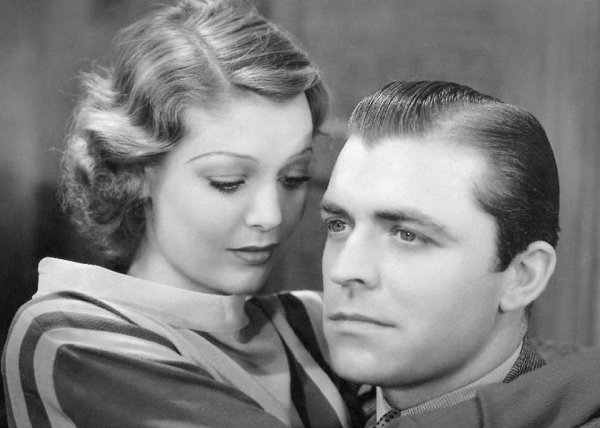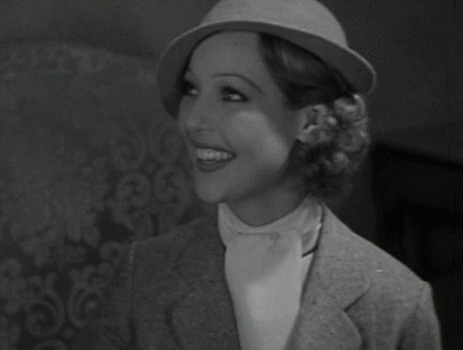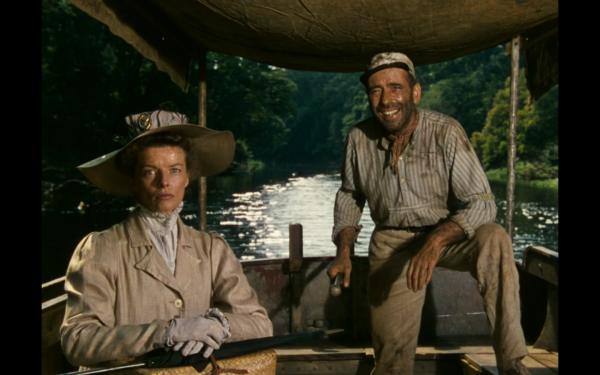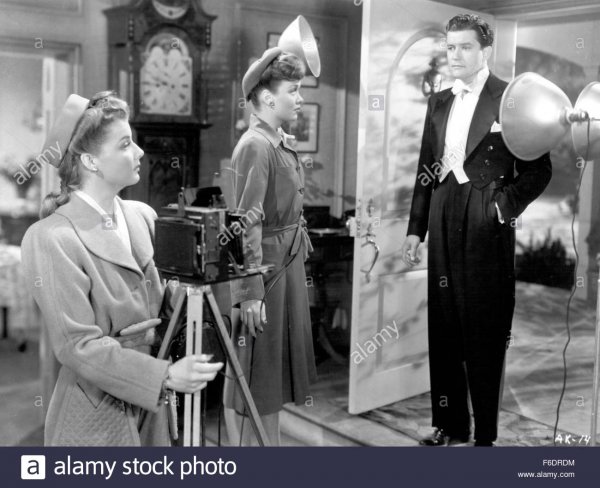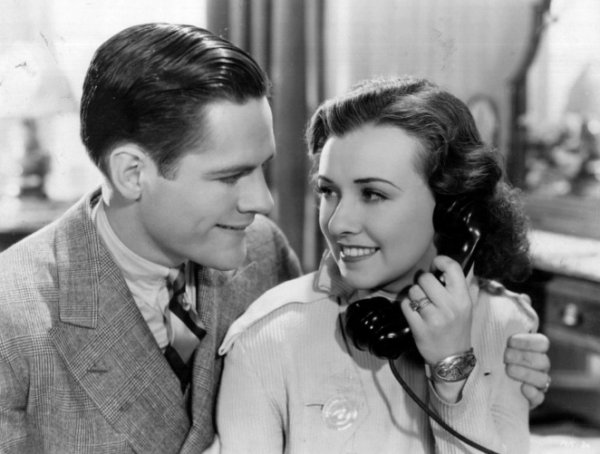Julian Shellhammer
Practically Family
- Messages
- 907
The FBI Story (1959) with James Stewart and Vera Miles. The history of the FBI as seen through the eyes of Agent Hardesty and his wife Lucy Ann. Speaking plainly, it's not the story of Hardesty or of the FBI. Neither subject gets the coverage that I would have preferred. I'm thinking some assignments spread episodically over 35 years were to highlight some aspect of the Bureau's evolving mission. Not a bad movie, rather not well-done enough to hold our attention.



